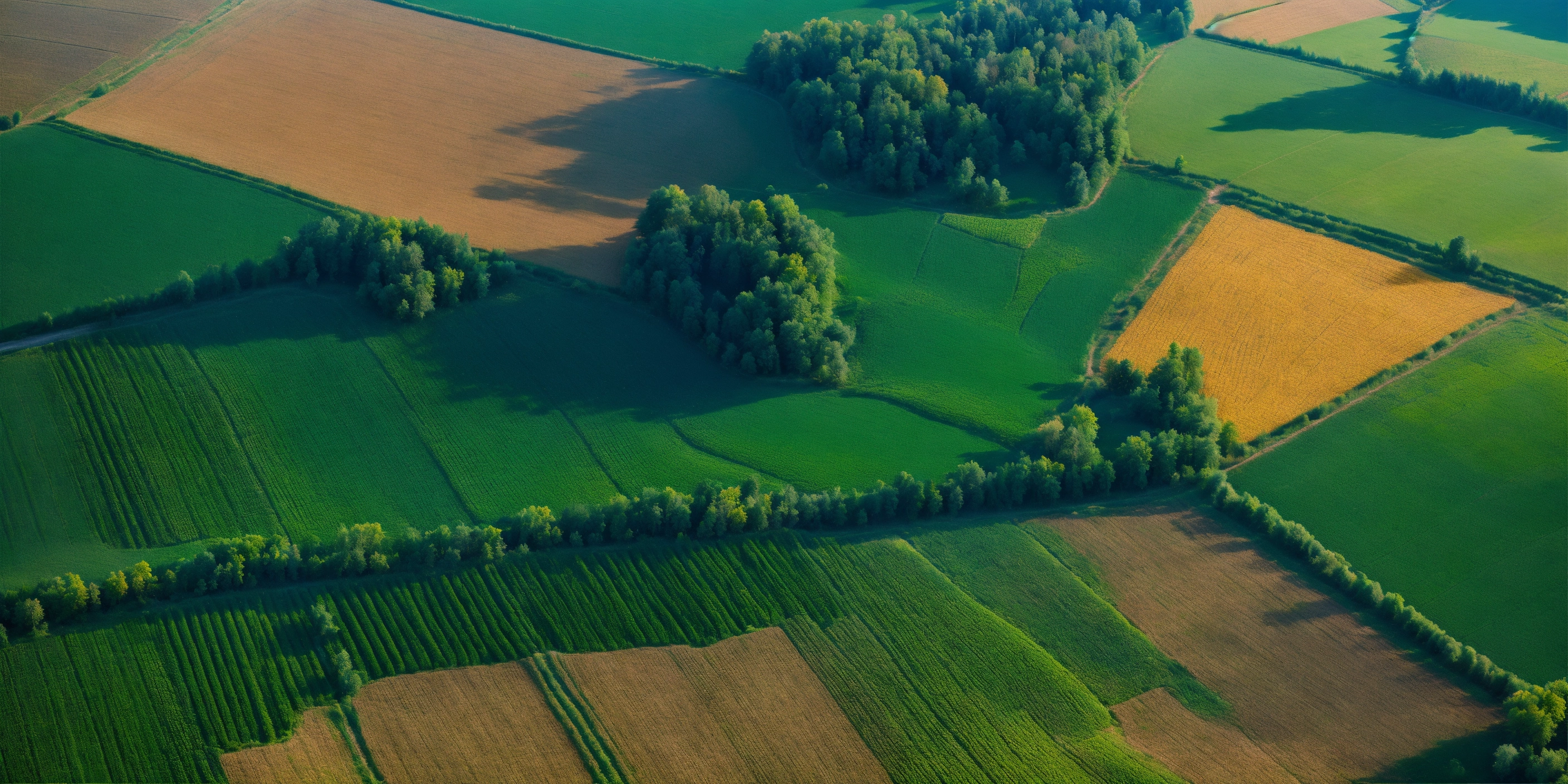
Across the United Kingdom, a quiet revolution is taking place. From the Highlands of Scotland to the woodlands of Devon, more individuals and families are choosing to live “off-grid”—without direct reliance on public utilities. For some, it’s an environmental choice. For others, it's a financial necessity.
The rise in off-grid living comes amid soaring energy prices, housing shortages, and climate-driven anxiety. According to a 2025 study by the UK Sustainable Living Alliance, interest in off-grid homes has doubled in the last three years.
“People are seeking autonomy, stability, and connection with nature,” says James Millar, founder of EarthDwelling UK, a group that supports eco-building projects. “Off-grid living offers all three.”
Off-grid homes in the UK typically rely on solar panels, rainwater harvesting, composting toilets, and wood-burning stoves. While some remain partially connected to utilities for backup, others operate fully independent systems.
The cost of setting up an off-grid home varies widely. Solar installation, battery storage, and water filtration systems can run between £10,000 and £30,000. But advocates argue that long-term savings and environmental benefits far outweigh the costs.
While the government has offered grants for renewable energy through its Green Homes programme, planning restrictions and building codes often pose challenges. Local authorities differ in their stance, with some encouraging sustainable housing developments and others cracking down on "unauthorised" rural dwellings.
“Planning laws haven’t caught up with the future of housing,” says Emily Rhodes, a planning consultant in Yorkshire. “We need updated frameworks that allow for sustainable alternatives.”
For younger generations priced out of traditional home ownership, off-grid living is increasingly a financial solution. Converted vans, tiny homes, and community land trusts have become popular among millennials and Gen Z.
“I couldn’t afford a mortgage, but I could afford a second-hand van and solar panels,” says 28-year-old Alfie G., who now lives on a plot of land in Wales with three other off-grid dwellers.
Subscribe to UK most trusted independent news source. Get smart insights, expert takes, and critical updates — straight to your inbox.
Subscribe Now HotNo ads. No bias. Cancel anytime.
Off-grid living has also inspired the growth of intentional communities focused on sustainability and mutual aid. Projects like Lammas Ecovillage in Pembrokeshire or Tinkers Bubble in Somerset have become models for low-impact, cooperative living.
These communities often grow their own food, run workshops on permaculture, and collaborate on renewable energy systems.
Whether it remains a fringe movement or grows into a mainstream housing model remains to be seen. But one thing is clear: off-grid living in the UK is no longer a novelty—it's part of a larger conversation about resilience, sustainability, and how we define “home” in the 21st century.